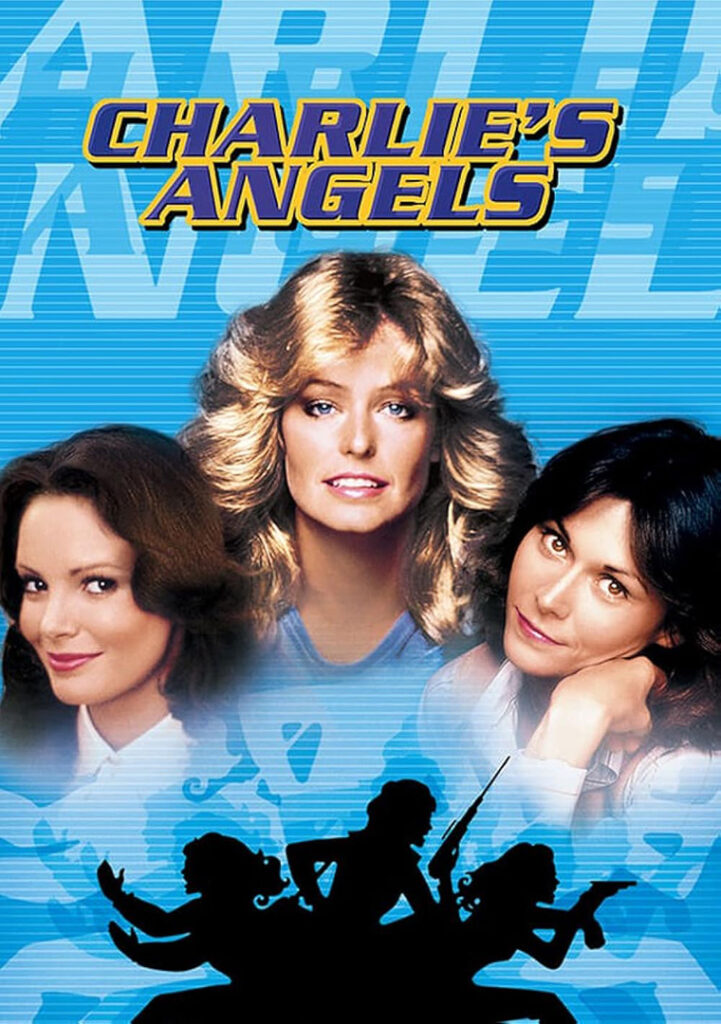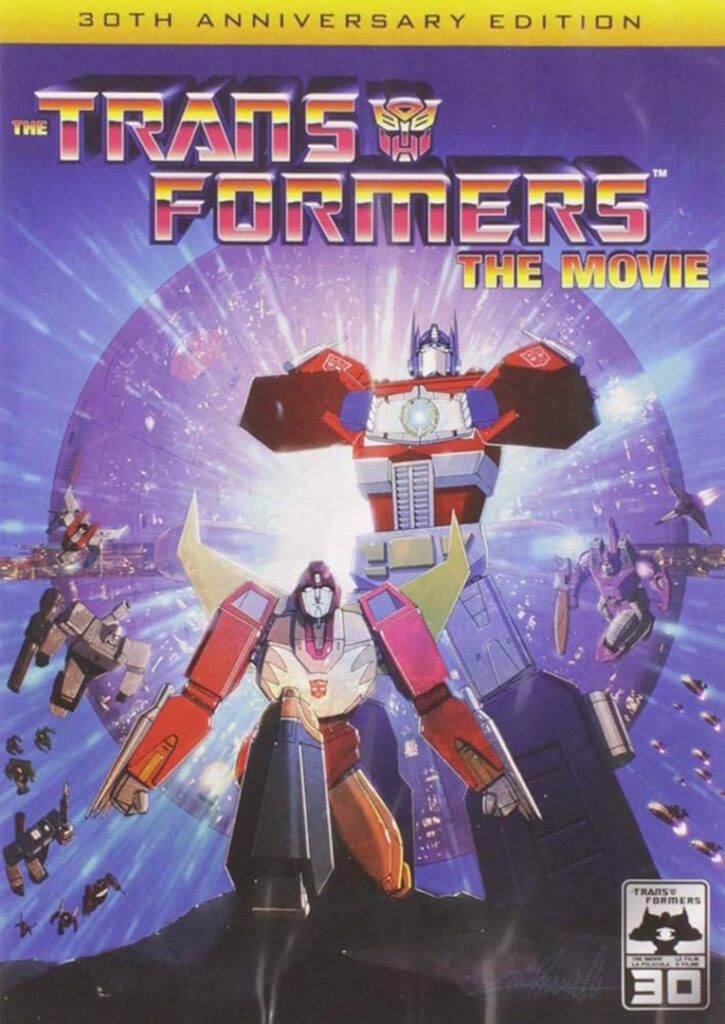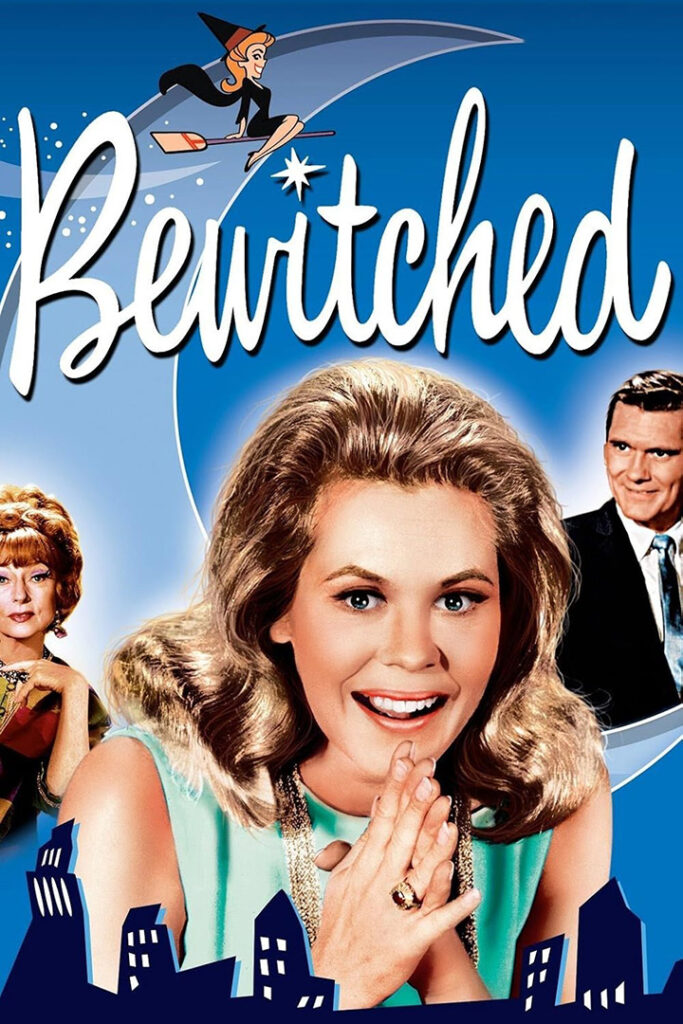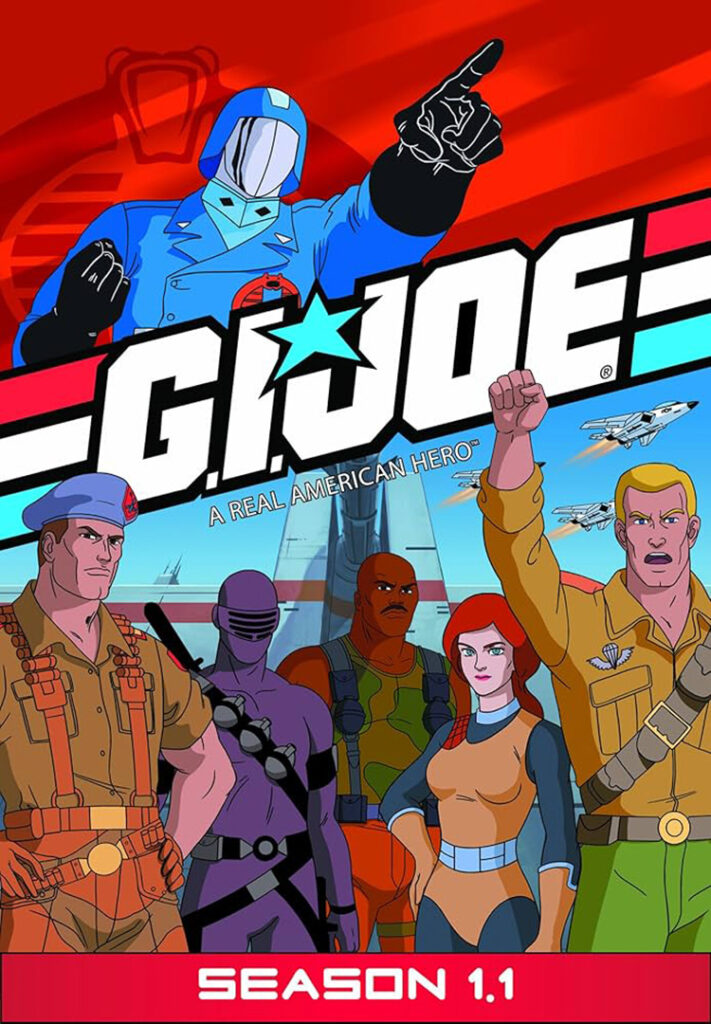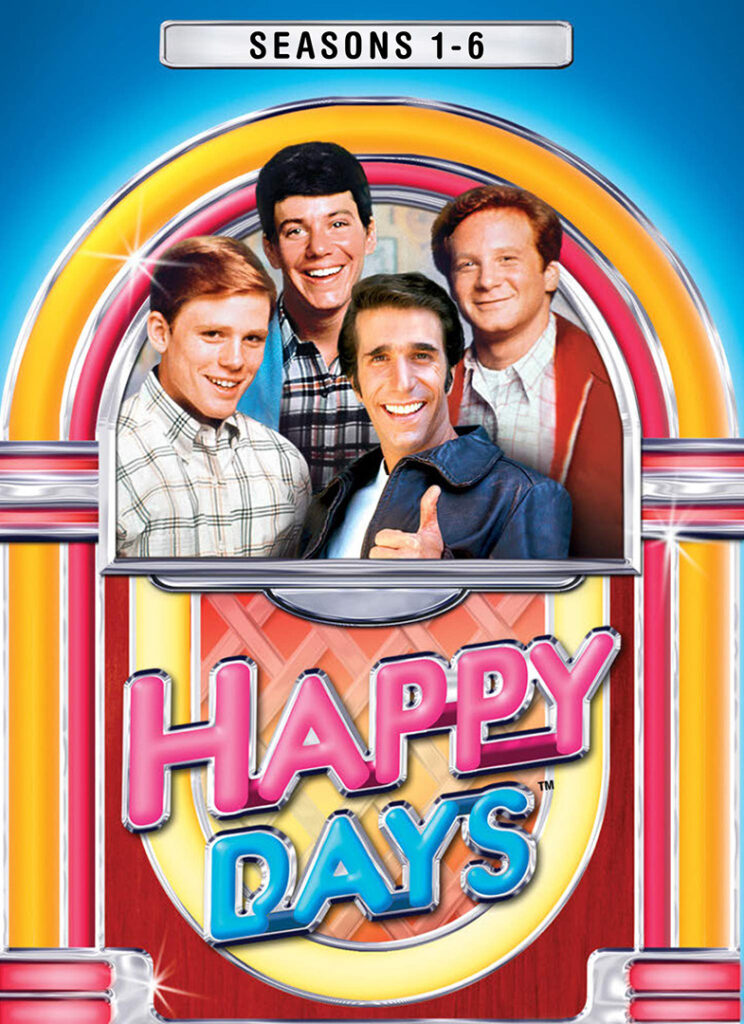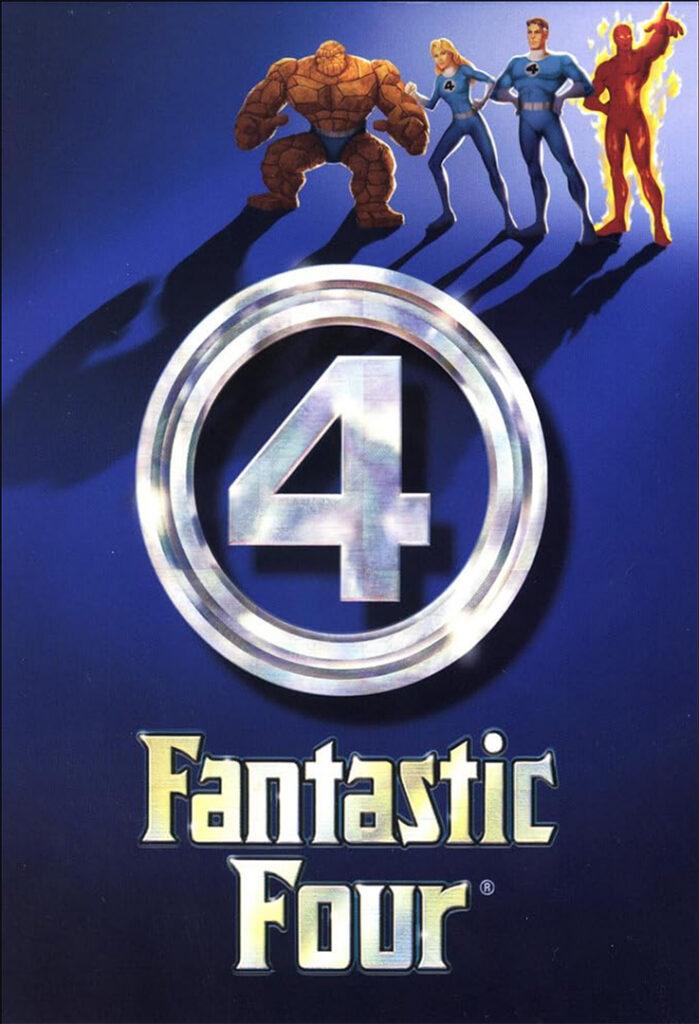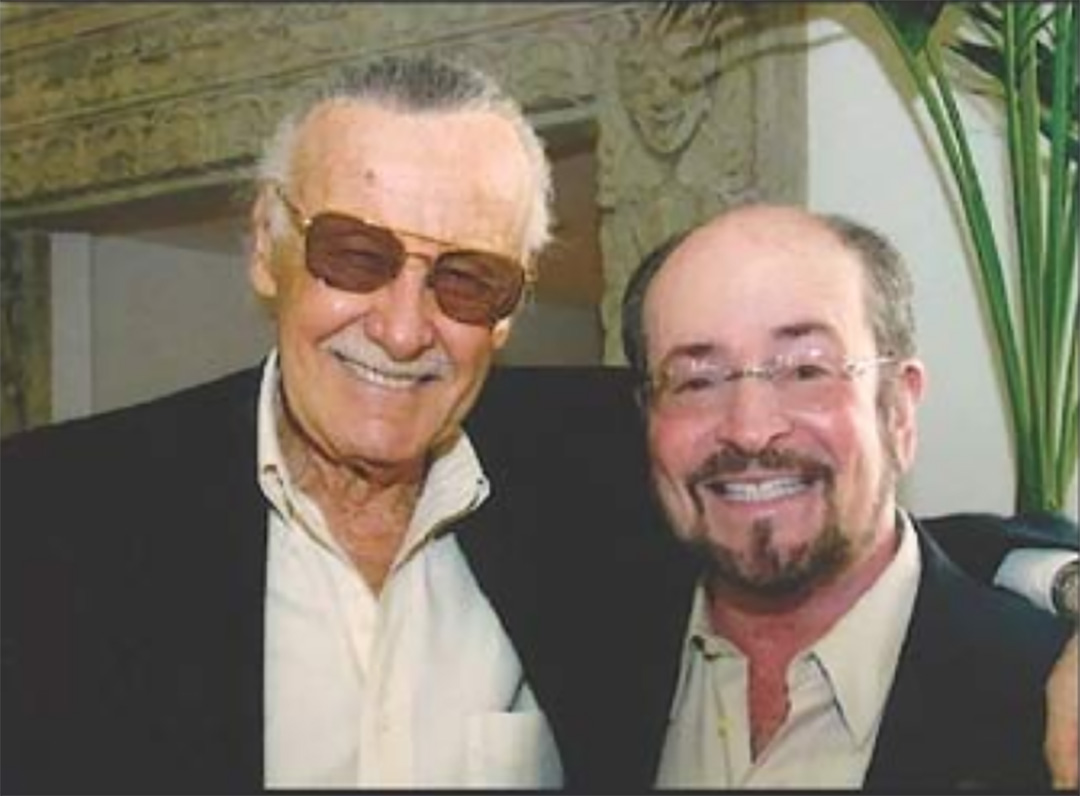
Ron Friedman – Meet the Pilam who killed Optimus Prime
Ron Friedman (Carnegie Mellon ’51) is an Emmy nominated TV and film producer and writer who had a long and storied career writing episodes for more than 50 TV shows including Bewitched, Gilligan’s Island, All in the Family, The Odd Couple, Happy Days, Starsky & Hutch, and Charlies Angels among many others.
Friedman was also at the forefront of storytelling in animation, creating the G.I. Joe: A Real American Hero animated series and The Transformers. He co-wrote Transformers: The Movie, and (spoiler alert for those who’ve had this on their watch list since 1986) was vilified by super-fans for being “the man who killed Optimus Prime.”
He reluctantly killed off the leader of the Autobots
Though he wrote hundreds of scripts, he might be best known for the 1986 animated film Transformers: The Movie where Optimus Prime, the leader of the Autobots, famously powers down for the last time, or at least until the real-life Hollywood movie revived him in 2007.
Friedman published an auto-biographical book titled “I Killed Optimus Prime” where he explained that he really didn’t want to kill off the iconic character loved by so many Transformer fans, but Hasbro insisted that he do it.
Ron was widely known for his animation work and became a close friend of Stan Lee, having created the characters and developed the material for major TV projects like G.I. Joe, The Marvel Action Hour, Iron Man, and The Fantastic Four.
Stan Lee wrote an endorsement for Friedman’s book saying, “Ron Friedman is one of the the two best and funniest writers on Earth. You know who the other one is, and I’ll always be taller…but he’s still one of my best friends.”
In a 2016 interview with the Hollywood Reporter Ron talked about how comics gave him a place where he could escape prejudice. He said, “What gave me and my brother a sense of, ‘It doesn’t have to be this way’ was reading Superman. There is a place where you can exist as who you are without fear. And if there is fear, there are champions out there to help you overcome it.”
His long resume of work on TV series got him connected with the toy industry when they broke into animation. He said, “They wanted somebody who worked with living actors and live people to elevate what had been the plight of television animation.”
He created backstories for the plastic figures which engaged young viewers and opened their imaginations like never before. And… it also sold a lot more toys.
A prolific creator of entertainment
Ron started his career as an architect in Pittsburgh in the 50s, but said, “I always wanted to write, and I always loved show business. My mother was a concert pianist and an opera singer. She introduced my brother and me to art, music, and theater. She said it was okay to be an artist.”
He always had a true passion for writing and kept pursuing his craft. He said, “Writing compelled me to learn to write anywhere. I have written in dive bars, hotel lobbies, hospital waiting rooms, the upscale condos of maniacs, and back seats of moving vehicles driven by musicians with narcolepsy, and frequently did it in public on public transportation at any hour of day or night with any writing instrument at hand — pencils, pens, crayons, and once with a sharp stick in the sands of Malibu Beach to rewrite a joke for an unfunny sitcom star.”
Friedman has written over 700 hours of episodes for TV series and feature films saying, “During my busiest year, I was writing 45-56 scripts a year.”
Pi Lambda Phi helped him become “less of a klutz”
In his Pilam oral history he talked about the impact that joining the fraternity had on him saying, “It was a daunting new environment. What stood out for me was the high quality and entertainment value of many of the brothers. Socially, It woke me up and got me to be less of a klutz.
“I have some lifelong friends, and I am always glad to hear from them. but I haven’t always been able to keep up with Pilam, the latter-day mutation of Beta Sigma Rho. The reason is making a career and having a life and three children and other people you support as a writer, film writer, and playwright is like a full-time job.”



